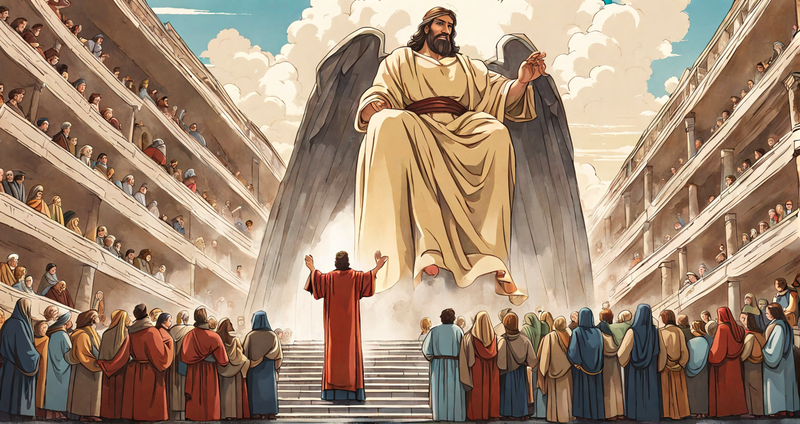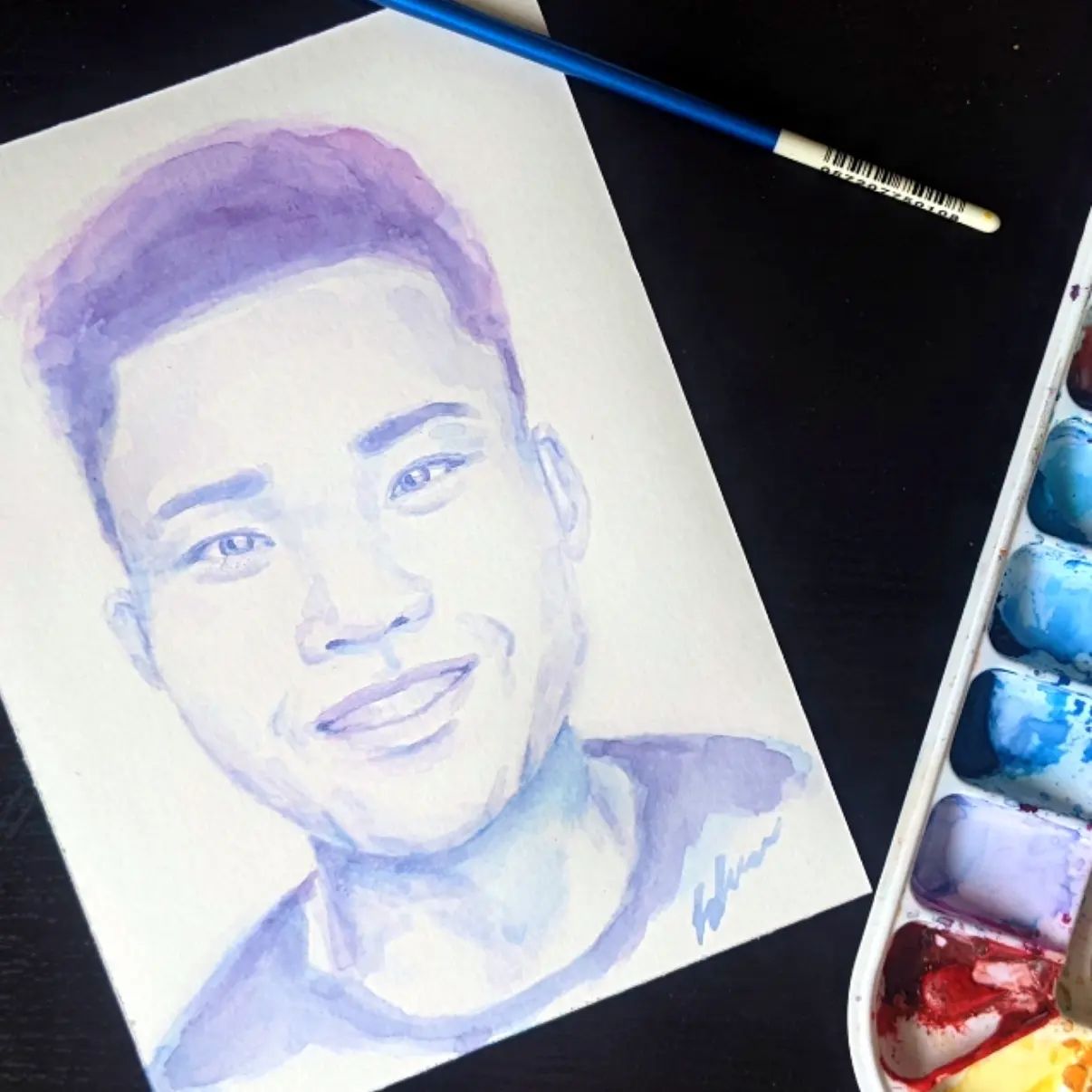Beyond Tragedy: Rethinking God's Plan for Innocent Victims
- 7 mins
Rehabilitative Justice
The process of my deconversion began when I contemplated the issue of inequality. As a social worker, our focus lies on principles and methods of rehabilitative justice, recognizing that perpetrators of crimes are symptoms of broader structural problems. Over time, criminologists, sociologists, and psychologists have advocated for a less punitive approach to dealing with crime. We have also shifted from punitive measures like spanking to more positive reinforcement. It's about time we reconsider how we perceive the notion of sin within religious contexts.
Numerous studies support the idea that increasing punishment doesn't deter crime. This has fueled criticism of the increased funding for policing, as it's seen as an ineffective deterrent. Prisons are also changing their approach to promote prisoner rehabilitation. Though our rehabilitative methods aren't perfect, they represent a fairer way to address social deviance. If punishment doesn't work, why accept eternal punishment?

The Argument for Hell's Necessity in Justice
While critiquing the concept of hell, I frequently encountered the argument that it was necessary to punish wrongdoers. The contention was that without hell, transgressors could continue their harmful actions with impunity. Even during my Christian days, I found this idea perplexing. Understanding that societal ills often stem from uncontrollable factors like environment or genetics, I questioned the rationale behind penalizing individuals.
During my Christian phase, I hesitated to squarely hold individuals accountable for committing sins. Wrestling with the binary justice system of heaven and hell led me to a cognitive dissonance. I observed that many progressive Christians faced similar challenges, trying to reconcile God's potential blame for victims within an imperfect environment. Seeking solace, I clung to the belief that God, with his intricate morality, would empathize and admit the majority to heaven. As a result, I shifted the blame further up the hierarchy of causality, pointing it towards dominant power holders indulging in greed or misusing their authority.
Yet, this perspective was occasionally tested, especially when considering cases where the perpetrators of injustice were powerful. Even then, I felt compelled to evoke empathy and compassion, leading to a deeper understanding of these wrongdoers. With time and a better grasp of the complexities at play, I began to see everyone as a product of their environment.

The Illusion of Free Will?
Setting aside the belief in the illusion of free will, a look at crime statistics reveals that offenses are disproportionately committed by the lower class, whereas white-collar crimes tend to be more prevalent among the affluent. Essentially, social deviance isn't evenly distributed throughout the population. If individuals truly had unrestricted free will, unaffected by environmental or genetic factors, we would all be prosperous, with more evenly distributed outcomes. No one would consciously choose violence or willingly opt for a life of poverty. Yet, we all acknowledge that reality is far from straightforward; our lives are shaped significantly by our upbringing, location, and the era we live in.
The Birth Lottery
Consider, especially for Christians, the factors that shaped your upbringing - the time, place, and the influence of your parents. Maybe you found comfort in Christ during tough times or were introduced to God through your Christian family, among various other faiths. It could even be that a school friend led you to an engaging church youth event. Take a moment to ponder the circumstances that have brought you to where you are now.
Even if you're not religious, you can still participate in this exercise. It fosters an awareness of your privilege. Begin by incorporating elements such as race, gender, sexuality, and social class into your reflections. Observe how these factors intertwine. You may come to realize that the circumstances of your birth have, in some ways, predetermined the course of your life.
This isn't meant to be pessimistic, but rather a critique of God's sense of fairness. Of course, there are exceptions, such as the hardworking student from a low-income family who defies the odds, attending Harvard, and later becoming a respected doctor. Anomalies will always exist, but that's not the focus. The concern is that God appears to dispense justice based on arbitrary rules to individuals facing circumstances beyond their control.

Life is Unfair
By now, we should all acknowledge that life isn't fair. For those still reading, you're likely acutely aware of the injustices and inequalities pervasive across the globe. This blog doesn't aim to argue for a utopian society. However, if you're reading this and still believe in the Christian God, I implore you to explain how an all-knowing God would create a world in which beings are inherently prone to sin. How can such a God fashion a scenario in which he foresees the outcome even before our creation?
I'm not advocating for a Utopia. I could accept it if God had created us with varying opportunities. It would be unjust, but it would be tolerable. What I cannot accept is his stark, black-and-white system of justice. We could delve into a lengthy discussion on the ethics of eternal punishment, but in short, I reject a God who designs us in a manner where he has predetermined our destinies. Not only is this unjust, but it is also inherently discriminatory.
God is God, He Can Do Anything
You might be disagreeing, suggesting that I fail to grasp the complexity of God's justice. Perhaps his ways are too intricate for me to understand, and all I need to do is have unwavering faith. But let's consider some scenarios. What kind of omniscient God would place a transgender child in a conservative state, subjecting them to torment that leads to tragic outcomes? Or what kind of God would allow a child in Gaza to fall victim to an airstrike? The list of such examples goes on.
"But Shane! God gave them free will!" you might argue. Yes, people can choose not to carry out harmful acts, but the victims often have no say in the matter. Using free will to justify suffering is a harsh excuse for God's inaction. Let me be clear; this is an abuse of power on his part, as he remains complicit and inactive in these instances of needless pain and agony.

Why Would He Make a Heaven and Hell?
The Bible was penned during a time when the understanding of sociology, psychology, and neuroscience was limited. This isn't to suggest that people of that era didn't delve into the exploration of human behavior, but their approach was primarily philosophical and religious. Throughout history, there has been a persistent need to rationalize why individuals engage in undesirable actions. Even in the relatively recent past, as little as a century ago, the comprehension of mental disorders was rudimentary. In some regions, this misunderstanding persists, with certain communities attributing mental disorders to demonic possession.
In retrospect, it becomes clear why the concept of heaven and hell was developed by humans. This theological construct served as an effective means of controlling the populace, a tool for maintaining order. Regrettably, it wasn't always employed for benevolent purposes, and over time, it morphed into a weapon of oppression and a tool for colonization. Flawed as we are, our imperfections have undoubtedly left an indelible mark on the Christian religion.
Questioning Higher Powers
In this post, I have briefly touched upon various topics, such as free will and punishment. Unfortunately, I haven't had sufficient time to thoroughly defend each idea. Nevertheless, I hope this post sheds some light on my thought process regarding my deconversion story. My critique of Christianity remains relevant to the broader discourse on social justice. Higher powers, such as God, ought to be held to a higher standard and subjected to scrutiny and evaluation.
Approaching these topics from a social work lens sometimes ventures into the realm of philosophy. I understand my discussion on free will might seem simplistic here. My aim is to prompt consideration of acts of injustice through a rhetorical strategy. I plan to delve deeper into the broader topic of pain and suffering in future posts. For detailed philosophical explanations, look into Alex O'Connor. For a psychological perspective, explore TheraminTrees. And for Christians grappling with doubts, I suggest Genetically Modified Skeptic for a supportive approach.

Extending Support
In each of my posts about Christianity, I aim to reach out to you with love and understanding. I understand that challenging times can prompt deep questioning, leading to feelings of anger, frustration, and sadness. The prevalence of suffering may leave you wondering where God has gone. Remember, you are not alone. While God may seem distant, there are people around you who care. Seek out friends and support groups that can provide active support and prevent you from feeling lost.
If you find comfort in God during these times, then continue to pray to Him. No one should hinder you from seeking solace in your religion. Religion can serve as a powerful tool during challenging moments, and as a social worker, I want to assist you in finding your community. However, for those who still feel lost, it's alright to explore other sources of support. You deserve unconditional love that isn't based on emotional manipulation or guilt-tripping.

